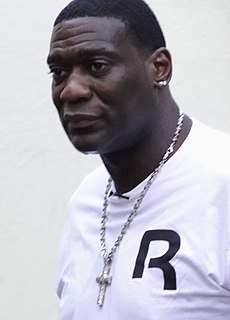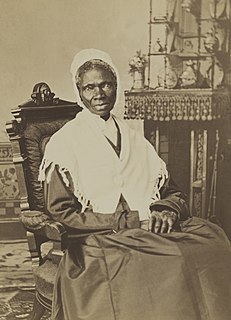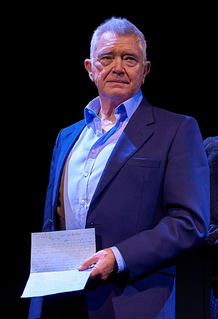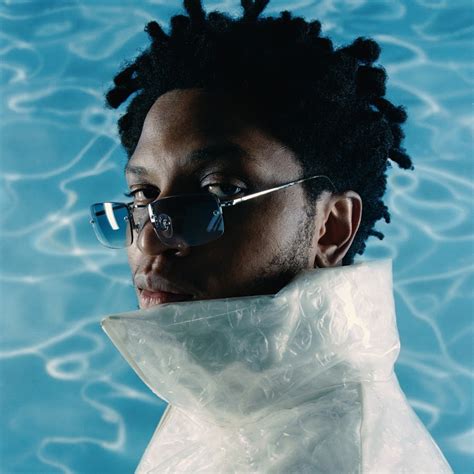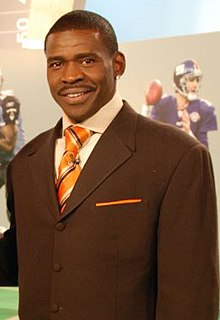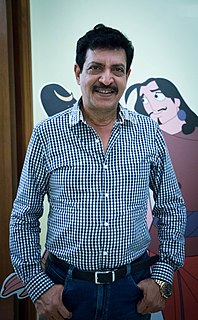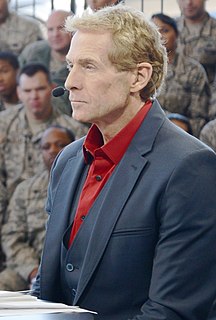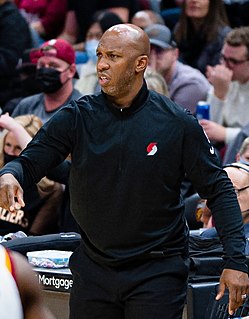A Quote by Spike Lee
I decided to be a filmmaker between my sophomore and junior years at Morehouse. Before I left for the summer of 1977, my advisor told me I really had to declare a major when I came back, because I'd used all my electives in my first two years. I went back to New York and I couldn't find a job. There were none to be had. And that previous Christmas someone gave me a Super-8 camera, so I just started to shoot stuff.
Related Quotes
I would stay two years in San Francisco, then move to New York in the summer of 1991, for the love of a man who lived there. When I arrived in New York, I had a job waiting for me, courtesy of a bookstore I'd worked at in San Francisco, A Different Light. They had a New York store as well, and arranged an employee transfer.
When I left the house of bondage I left everything behind. I wasn't going to keep nothing of Egypt on me, an' so I went to the Lord an' asked him to give me a new name. And he gave me Sojourner because I was to travel up and down the land showing the people their sins and bein' a sign unto them. I told the Lord I wanted two names 'cause everybody else had two, and the Lord gave me Truth, because I was to declare the truth to the people.
My very first professional job was with a theatre company in 1965 and the first job they gave me was literally shovelling sh*t. I was an assistant stage manager and they told me to clear out the prop store. I opened it up and no-one had been in there for 25 years and it was inches deep in rat sh*t. So before I could get anywhere I had to clear it up. I thought, 'All these years of training, the best drama school in the world, and this is what I'm doing.'
To be totally candid, it was really born out of a panic attack the summer between my sophomore and junior years, when I realized I wasn't going to graduate in four years unless I somehow managed to glue together all the courses I'd taken. That said, I'm really glad I did it, 'cause it was really fun, and I was able to just take whatever the hell I wanted.
Clay Felker was then - he had - to his credit, he had created New York Magazine, which was the first of the city magazines that covered the city and gave all kinds of advice and all that sort of stuff. And there were copies all over the country by the time he left. He had, however, a view of journalism that was very much, I must say, like Tina Brown's at The New Yorker. You hit 'em hard, fast, give 'em something to talk about the day after the paper comes out, as contrasted with William Shawn, who gave them something to talk about two or three years from then.
For 10 years while I was at ESPN, I lived at the Residence Inn in Southington, Connecticut, near Bristol. I did that because my wife had a great job in New York City, and we had a place in New York City, at 54th and 8th. On Friday, I would come back, and then on Sunday evening I would go back to the Residence Inn.

